Stand-Alone Novels
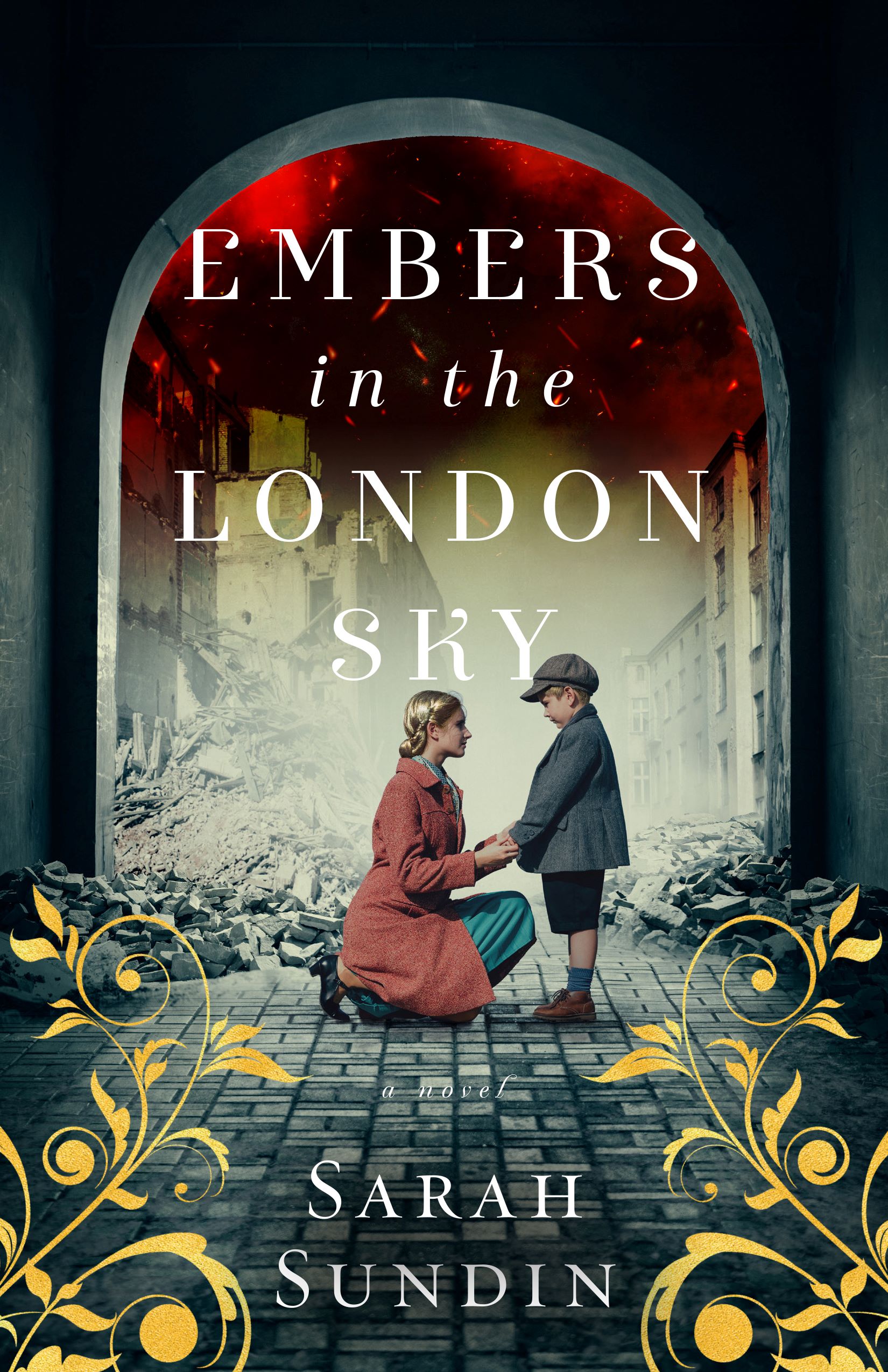
Embers in the London Sky
To find her child, she’ll stop at nothing. To report the truth will take him deep into the flames.
As she flees the German army invading the Netherlands in 1940, Aleida van der Zee Martens escapes to London to wait out the occupation. Separated from her three-year-old son, Theo, in the process, the young widow desperately searches for her little boy even as she works for an agency responsible for evacuating children to the countryside.
When German bombs set London ablaze, BBC radio correspondent Hugh Collingwood reports on the Blitz, eager to boost morale while walking the fine line between truth and censorship. But the Germans are not the only ones Londoners have to fear as a series of murders flame up amid the ashes.
The deaths hit close to home for Hugh, and Aleida needs his help to locate her missing son. As they work together, they grow closer and closer, both to each other and the answers they seek. But with bombs falling and continued killings, they may be running out of time.
*Starred Review!* “Embers in the London Sky is another masterful installment in Sundin’s roster of WWII novels spotlighting sectors of war efforts and the ordinary people who confront extraordinary circumstances.”
*Starred Review!* “Sundin delivers another historical masterpiece, fraught with tension and humor and filled with a cast of eccentric supporting characters. This is a must-buy.”
“Sarah Sundin places the reader immediately in the center of a tale filled with tension, loss, and romance . . . Embers in the London Sky is a pleasure to read.”
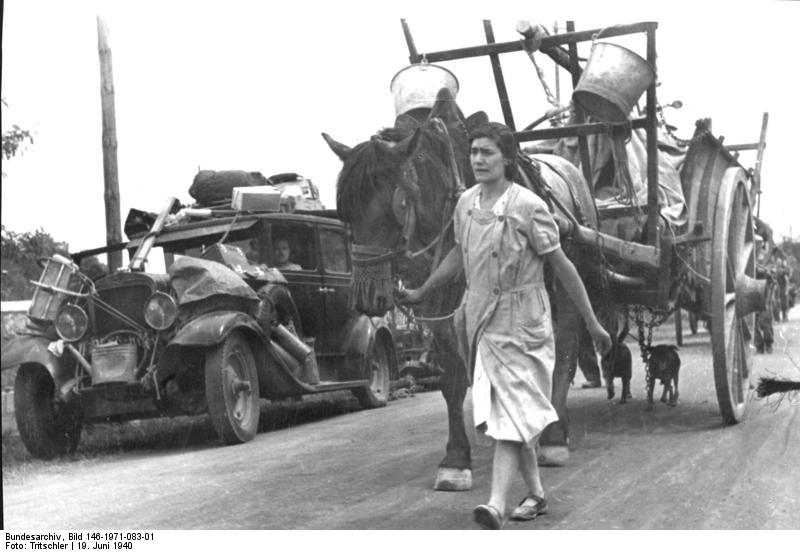
My initial inspiration for this novel came when reading about the exodus in France and the Low Countries during the German invasion in 1940. Desperate parents were known to thrust their children into the cars of strangers believing they stood a better chance. Later, the classified sections of newspapers in the occupied countries carried pleas for news on these lost children. This broke my heart! And it made me wonder what a mother might do if separated from her child.
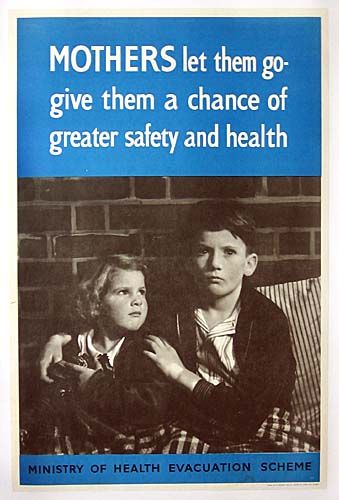
Starting on September 1, 1939, 1.9 million mothers and children were evacuated from cities in Britain, especially London. Over the next few months, when German bombers failed to come to Britain, many returned to their homes. Throughout the war, the government tried to persuade further evacuations with varying success. Although most children fared well in the country—and many thrived—some had difficult experiences, as explored in the story.
Hostels and camps did exist for hard-to-place children, and refugees were often hard to place due to language and cultural barriers.
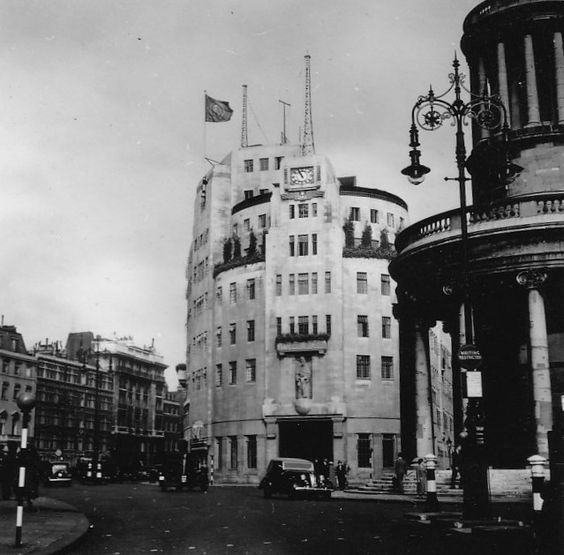
The story of the BBC during World War II fascinated me, and the pages of this novel didn’t permit me to do justice to the BBC’s exceptional work. During the war, the BBC made enormous strides in news reporting and recording engineering, and the shortwave broadcasts by the European Services were a lifeline of truth and hope for the oppressed peoples on the continent. Despite struggles with the Ministry of Information and the armed forces, especially in the early years of the war, the BBC maintained its independence and only required self-censorship. The two bombings of Broadcasting House were historical events.
London also served as headquarters for journalists from around the world, including Edward R. Murrow of CBS. The broadcasts of the “Murrow Boys” did have a significant effect in swaying opinion in the United States toward supporting the British war effort.
In the novel’s depiction of the “London after Dark” roundup on August 24, 1940, Hugh “replaced” the BBC’s Raymond Glendenning, who recorded live from an antiaircraft battery as bombers flew overhead. Please visit the Radio Days website for recordings of “London After Dark” and of Murrow’s first live, rooftop broadcast on September 20, 1940.
Real people mentioned in the story include Minister of Information Duff Cooper, BBC organist Sandy MacPherson, and journalists Charles Gardner, Edward R. Murrow, Robert Bowman, Eric Sevareid, and Larry LeSueur, as well as Robert T. Clark, who served as Chief News Editor at the BBC during the war.
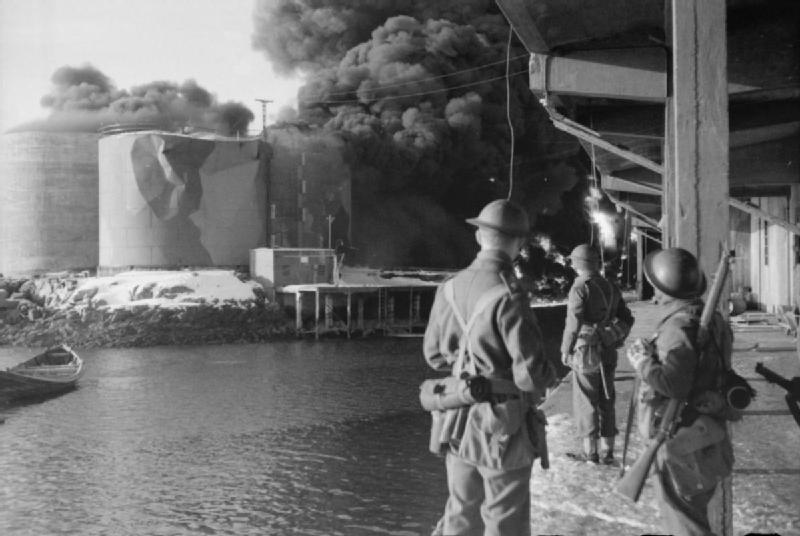
This Crown Film Unit newsreel, on the Imperial War Museums website, of the British raid on the Lofoten Islands off Norway on March 3-4, 1941, inspired the scene in the novel where Hugh reports on the raid.


